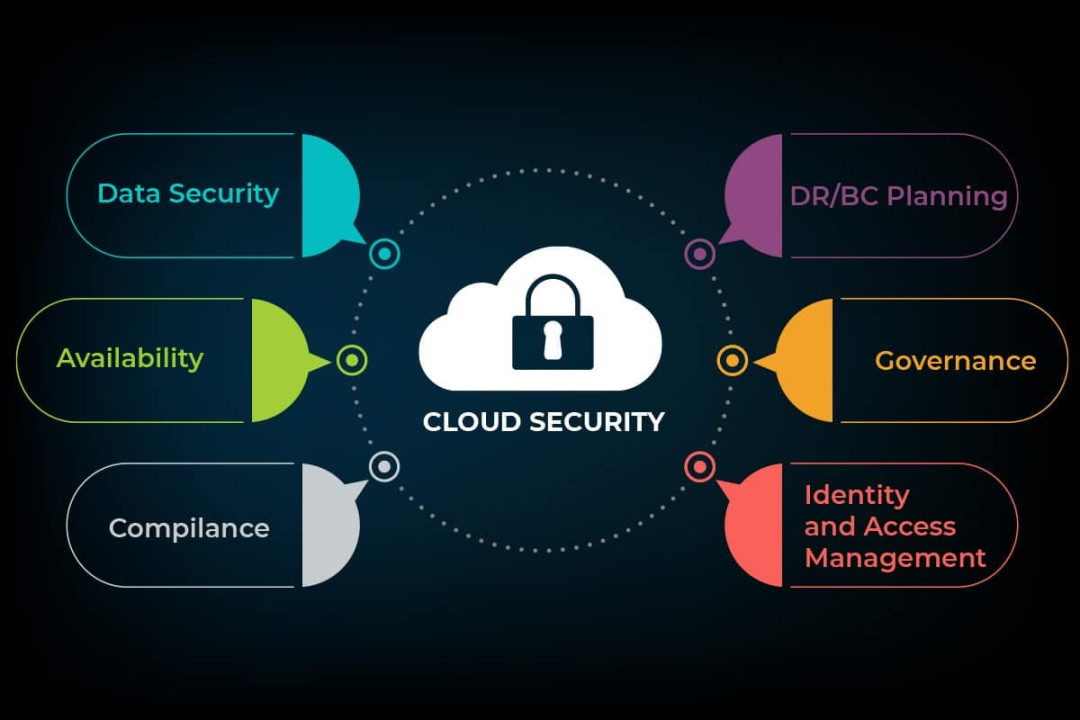Data Protection in Cloud Computing
What do you mean by data protection in cloud computing?
Data protection in cloud computing refers to the strategies and measures in place to safeguard data that is stored, processed, and transmitted in the cloud. This includes protecting data from unauthorized access, accidental deletion, and data breaches.
How is data protection in cloud computing important?

Data protection in cloud computing is crucial for businesses and organizations that rely on cloud services to store and manage their data. Without proper data protection measures in place, sensitive information can be vulnerable to security threats, putting the organization at risk of financial loss, reputation damage, and legal consequences.
What is known about data protection in cloud computing?
There are various data protection techniques and technologies that can be implemented to secure data in the cloud. These include encryption, access controls, data masking, and regular data backups. Additionally, many cloud service providers offer built-in security features to help protect data.
Solution for data protection in cloud computing:
To ensure effective data protection in cloud computing, organizations should develop a comprehensive data protection strategy that includes encryption of data at rest and in transit, strong access controls, regular security audits, and employee training on data security best practices.
Information about data protection in cloud computing:
Data protection in cloud computing involves the use of various security measures to protect data from unauthorized access, data breaches, and other security threats. These measures help to ensure the confidentiality, integrity, and availability of data stored in the cloud.
FAQs
1. What are some common data protection challenges in cloud computing?
Common data protection challenges in cloud computing include data breaches, data loss, compliance issues, and lack of visibility and control over data in the cloud.
2. How can encryption help with data protection in cloud computing?
Encryption helps to secure data by converting it into a form that can only be read by authorized parties with the decryption key. This helps to protect sensitive information from unauthorized access.
3. What are some best practices for data protection in cloud computing?
Some best practices for data protection in cloud computing include implementing strong access controls, regularly auditing security measures, encrypting data, and training employees on data security protocols.
4. How does data masking help with data protection in cloud computing?
Data masking involves replacing sensitive data with fictitious data to protect the original information from unauthorized access. This helps to prevent sensitive information from being exposed in the event of a data breach.
5. What role do cloud service providers play in data protection in cloud computing?
Cloud service providers play a crucial role in data protection by offering built-in security features, data encryption options, and compliance certifications to help ensure the security of data stored in the cloud.



